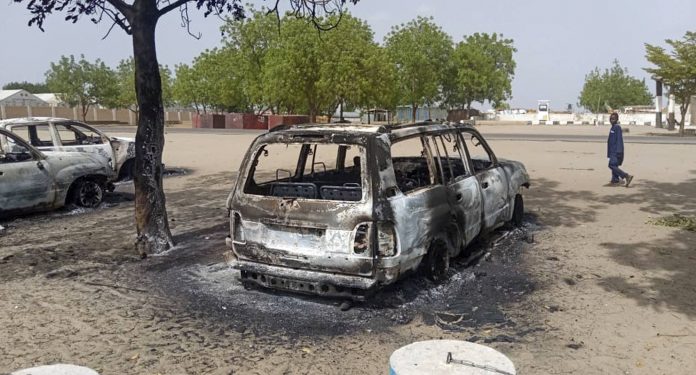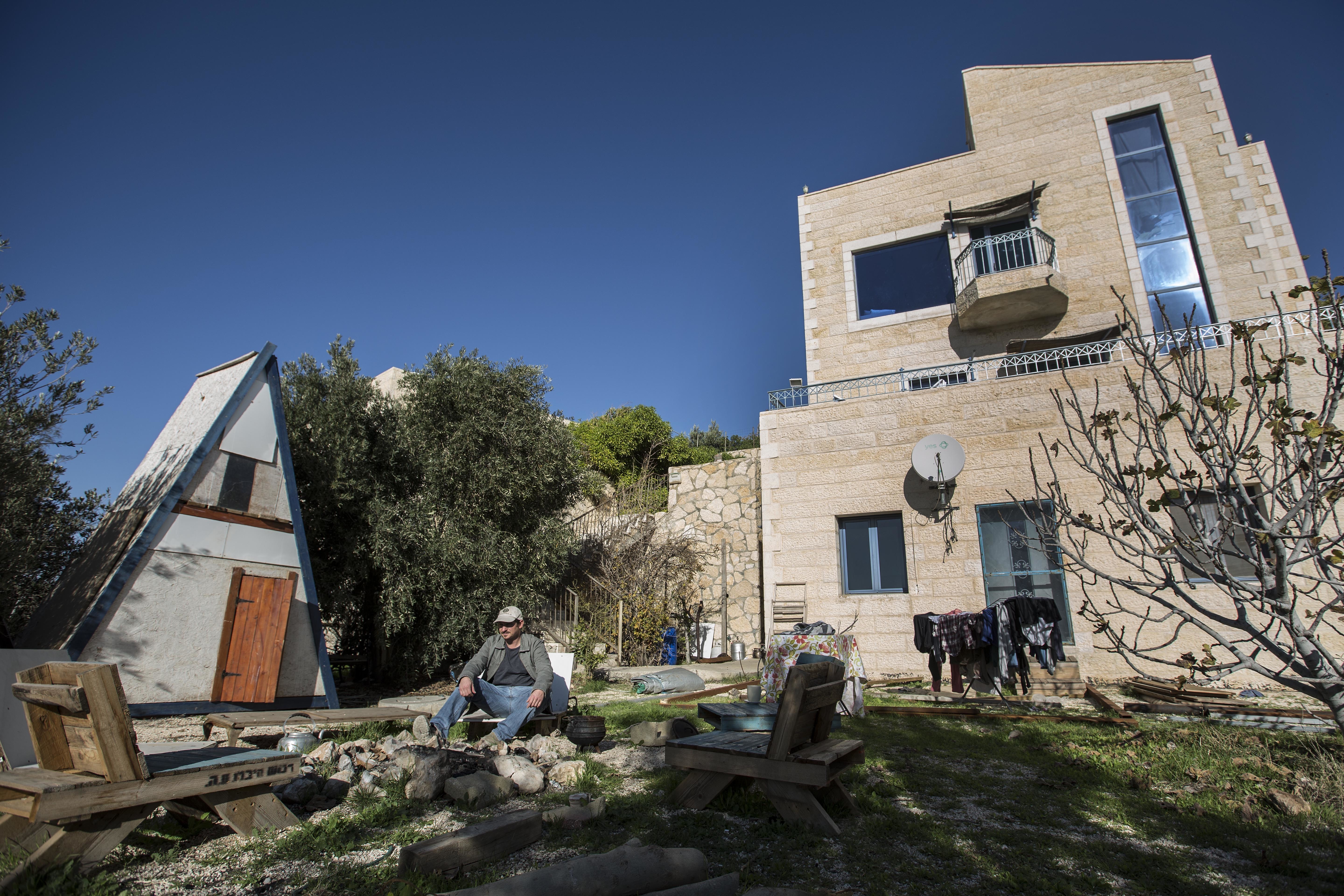
An Islamic State-linked group appears to be regaining strength in northeastern Nigeria and is now warning it will target civilians who help the military or even humanitarian organizations.
The Islamic State in West Africa Province, which broke away from Boko Haram in 2016, had appeared weakened earlier this year by internal feuding, said Nnamdi Obasi, the senior adviser for Nigeria at the International Crisis Group.
But earlier this month it killed more than 120 people in a single week, including 40 in Monguno, a town housing an estimated 150,000 displaced people and a U.N. humanitarian base that was only able to repel the jihadists after hours of fighting.
“The new attack now suggests that there is a new flare to their violence,” Obasi said.
The Islamic State in West Africa Province broke away from Boko Haram following a dispute over leadership and the strategy of attacking civilian targets such as mosques and marketplaces.
The splinter faction is now believed to have as many as 5,000 fighters, according to a International Crisis Group report last year.
Boko Haram has focused on attacking military units, targeting soldiers on guard or patrol operations. The extremist group also has attacked civilians through suicide bombings often carried out by young girls.
A new campaign by the Nigerian military and the regional multinational joint task force resulted in the “killing of over 1,200” Boko Haram and ISWAP fighters, according to the military, which claims many of their commanders have been killed or arrested.
The renewed push by the Islamic State in West Africa Province comes after the military scored some major gains against the extremists in the northeast.
Nigeria’s military and the multinational security force “have made tremendous success” in targeting the group’s operational bases, said Kabiru Adamu, a security consultant based in Nigeria.
Those wins have been attributed, in part, to help from communities that are increasingly willing to help the military in the hope that they can end the violence that has engulfed the region for more than a decade.
That has led the Islamic State West Africa Province to announce a shift in tactics that threatens to deepen the crisis.
Pamphlets left at the scene of the recent attacks warned civilians that they may be considered targets if they aid the military or humanitarian groups.
It’s a marked shift for the group, which until now has spared Muslim residents as long as they pledge allegiance to the group and pay taxes that are illegally levied on them, said Bunu Malam-Kolo, chief of a local defense group trying to protect civilians in northeastern Borno state.
The recent reports of civilians aiding the military has infuriated the ISWAP group. The militants have even publicly named the communities they intend to attack next.
“And they have a long list of such communities where they felt residents are helping the government forces to expose them,” Malam-Kolo added.



















